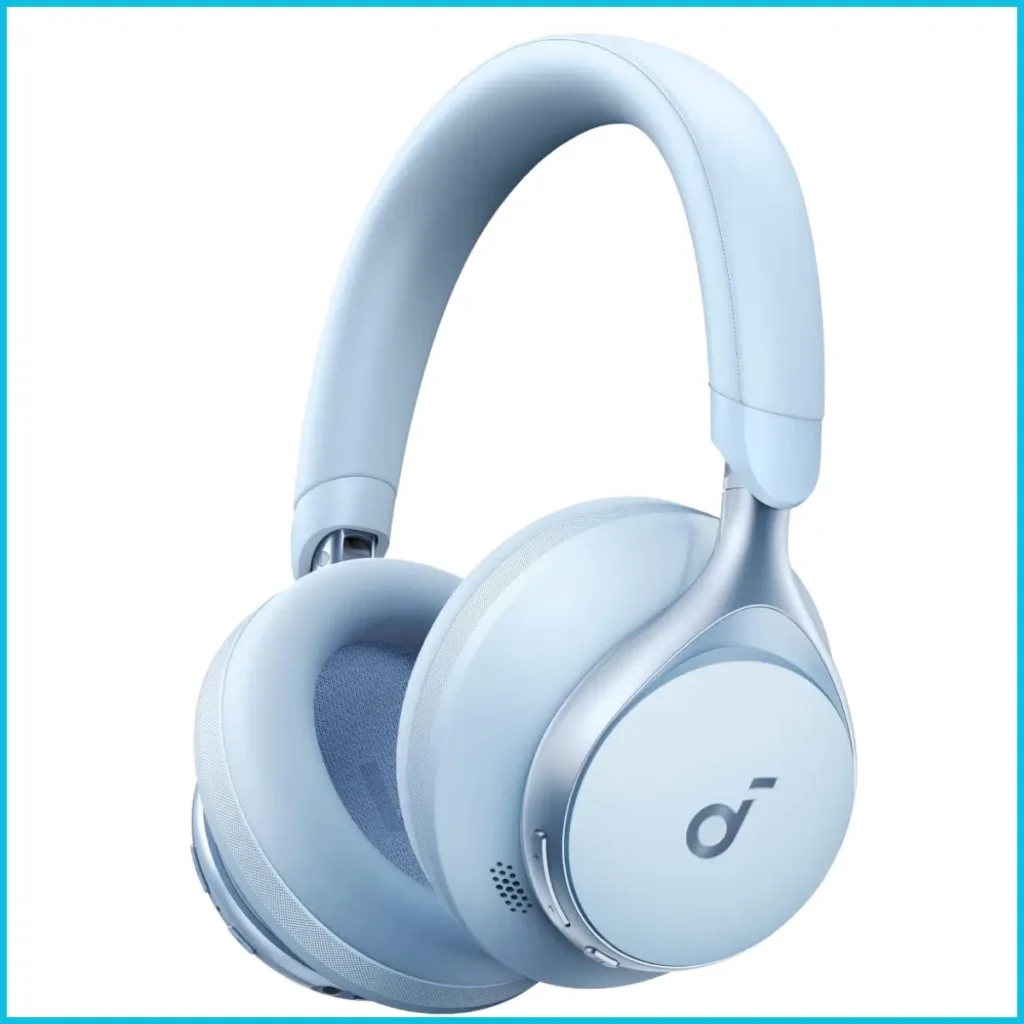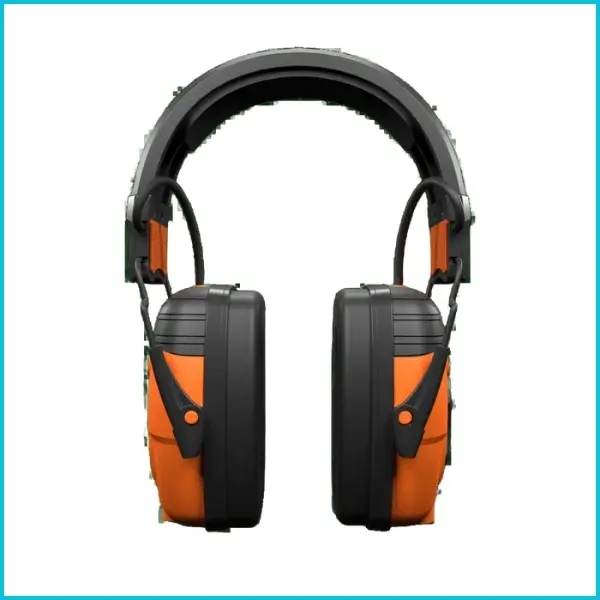Introduction
When buying headphones or earphones, you’ve probably seen terms like noise cancellation and noise isolation. At first glance, they sound similar but they work in very different ways. Choosing the right one can make a big difference in how you enjoy your music, calls, or movies.
In this guide, I’ll break it down in simple terms, share real-life examples, and help you decide which one is best for your lifestyle.
If you’re comparing tech products, such as Asus vs Acer laptops, understanding key features like noise cancellation in devices can help you make an informed choice.
What Is Noise Cancellation?

Noise isolation is a physical method of blocking outside sounds. Think of it like putting your fingers in your ears.
- How it works: The ear tips (usually silicone or foam) seal your ear canal, reducing background noise.
- Best for: People who want affordable headphones that passively reduce outside sound without electronics.
Example from my experience: I once used a pair of budget in-ear earphones with memory foam tips during a train journey from Pune to Mumbai. Even without fancy tech, the snug fit cut down the rumbling noise, and I could still enjoy my playlist without raising the volume too high.
What Is Noise Isolation?

Noise cancellation uses active technology to eliminate outside sounds.
- How it works: Built-in microphones detect external noise and generate an opposite sound wave (anti-noise) to cancel it out.
- Best for: Travelers, remote workers, or anyone in noisy environments who needs peace and focus.
Example: When I bought my first Sony WH-1000XM4, the difference was unbelievable. On flights, the roar of the plane’s engine almost vanished, making movies and music so much clearer.
Noise Cancellation vs Noise Isolation: Key Differences
Here’s a quick comparison to help you decide:
| Feature | Noise Cancellation | Noise Isolation |
|---|---|---|
| Technology | Active (uses anti-noise) | Passive (physical seal) |
| Effectiveness | Best for low frequencies | Best for high frequencies |
| Power | Requires charging/batteries | No power needed |
| Price | Generally higher | More affordable |
| Ideal For | Travel, work | Casual listening |
Just as understanding the difference between a laptop and a notebook is crucial for picking the right device, knowing the distinction between noise cancellation and noise isolation is essential for choosing the best audio equipment.
Which One Should You Pick?
- If you’re a student on a budget: Go for noise isolation earphones with good foam or silicone tips.
- If you travel often or work in noisy places: Invest in noise-cancelling headphones—worth every rupee if you want focus and comfort.
- For hybrid use: Some models combine both features for maximum effect.
Personal Tip for Indian readers: During my daily commute in Pune, I find noise isolation enough for short metro rides, but for long-distance travel or working in cafés, noise cancellation is a lifesaver.
Conclusion
Both noise isolation and noise cancellation improve your listening experience, but they serve different needs.
- Choose noise isolation if you want a simple, affordable way to reduce distractions.
- Choose noise cancellation if you want premium comfort and silence in noisy environments.
From my own experience, I keep both: in-ear isolation earphones for casual listening and over-ear noise-cancelling headphones for travel and work. That way, I always have the right tool for the situation.
Whether you’re working on a Lenovo or Dell laptop, as explored in our Lenovo vs Dell laptops comparison, choosing headphones with noise-cancellation features can improve your productivity in noisy environments.